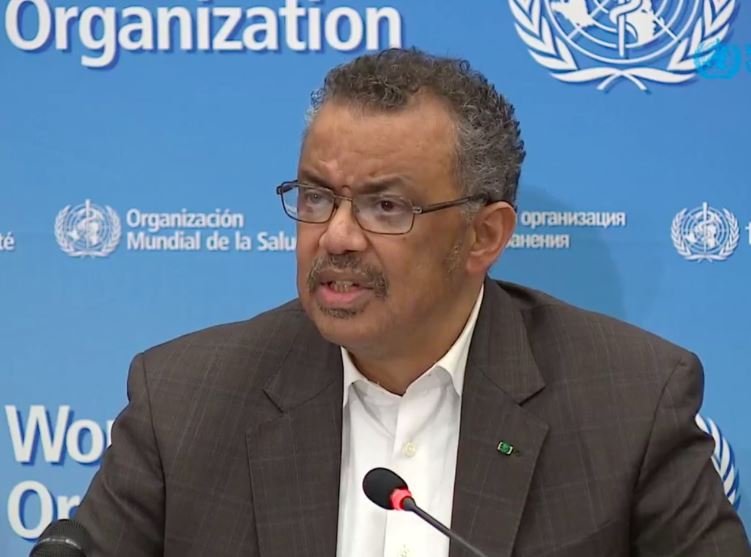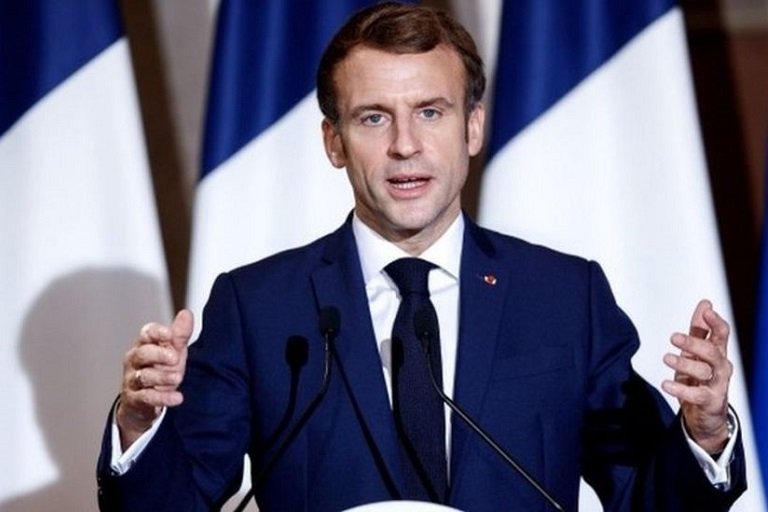The World Health Organization (WHO) recommended a range of blockbuster weight-loss drugs to treat diabetes and obesity globally for the first time on Friday, calling for cheap generic versions to be made available for people in developing countries.
The new class of appetite suppressants known as GLP-1 agonists, which includes the brands Ozempic, Wegovy, and Mounjaro, has grown in popularity due to their potential to help people lose considerable amounts of weight.
According to WHO data, more than 3.7 million people died from overweight- or obesity-related illnesses in 2021, more than the top infectious killers combined: malaria, TB, and HIV.
However, the sky-high pricing of GLP-1 medications, which can cost more than $1,000 per month in the United States, has sparked concerns that they will not be made available in impoverished countries where they could save the most lives.
On Friday, the WHO added semaglutide, the active ingredient in Novo Nordisk’s Ozempic and Wegovy, and liraglutide, used in Eli Lilly’s Mounjaro, to its list of essential medications for adults globally.
To guarantee that these “life-saving” injectable treatments reach those in greatest need, the UN agency advocated “generic competition to drive down prices” in a statement.
Andrew Hill, a pharmacology researcher at Liverpool University, cited research suggesting that generic semaglutide might be mass-produced in India for as little as $4 a month.
“What we’re asking is for Novartis and Eli Lilly to do the responsible thing and make their treatments available on a worldwide scale at an affordable, generic price,” he told AFP.
The patent for semaglutide will expire in various countries, including Canada, India, and China, next year, which could lead to an increase in generic production.
GLP-1 medications, which have certain adverse effects such as nausea, were initially intended to treat diabetes, but research has increasingly suggested they could help with a wide range of health issues, including addiction.
Research published in the JAMA medical journal this week discovered that people with cardiac problems who took the medications had a more than 40% decreased risk of being hospitalized or dying early.
According to the WHO, one in every eight people globally is already obese, and more than 800 million people will have diabetes by 2022.
The World Health Organization also added many cancer therapies to its list of essential medicines.











